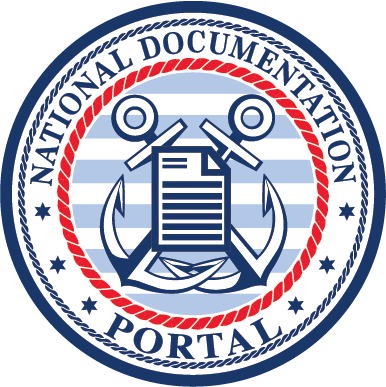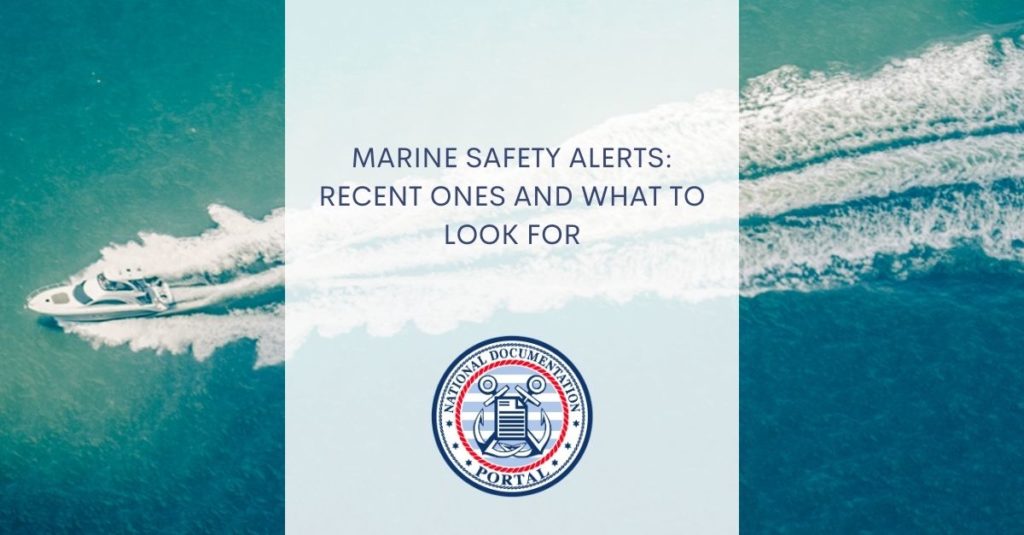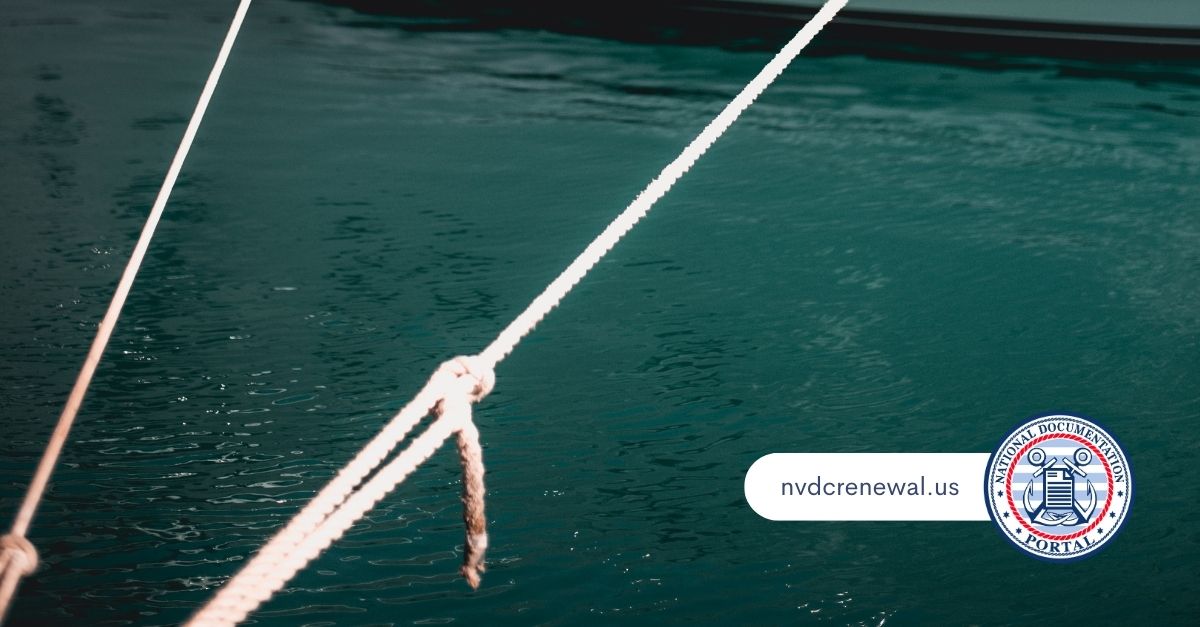Do you want to stay safe when you’re out on the water? Are you looking to be aware of threats before you leave port? At our vessel documentation site, yes, we help vessel owners from all walks of life to be able to use their vessels how they want to legally. That said, we also want all vessel owners to boat safely, too. We all share the waters. The safer we are, the safer the waters are for everyone on them. The Coast Guard wants to help there, too. To that end, their marine safety alerts can help.
Marine Safety Alerts Explained
The waters can be dangerous. Few know that better than those serving our country in the Coast Guard. To that end, they’ve created safety alerts. The goal behind these alerts is to get information to the public quickly. There are threats, real, urgent threats to both those who are on the water and their property. These alerts can let vessel owners know about them as fast as possible. By that same token, these alerts aren’t used by the Coast Guard to advocate for any changes to laws, either.
May 2023 Safety Alert
As of this writing, the most recent safety alert let vessel owners know that load line regulations have to be followed. This came from a recent incident in which a crane barge was towed 18 miles off of a Louisiana shore in the Gulf of Mexico. Unfortunately, this barge was uncertificated and did not request for an exemption from any Coast Guard unit before transiting beyond the Boundary Line. Unfortunately, the vessel capsized and there was a marine casualty. Always, make sure to follow all pertinent load line requirements.
Safety Alerts from 2023
The above was merely the most recent safety alert from the Coast Guard. There are many others. They don’t come out on a set “schedule,” but rather, when something happens which meets the Coast Guard’s standard for releasing them. Case in point: an April 7th alert explained how using heat cables improperly on a vessel can be a legitimate fire hazard. The vessel operators used these heat cables on hoses and other applications they were not designed for, instead of the fixed piping systems they were built to be installed upon. As such, this caused an onboard fire which resulted in a loss of propulsion.
More Than Safety Alerts
Reading about safety alerts and keeping up to date with them can help to keep you safer on the water. Of course, even by doing so, you still need to operate your vessel in accordance with all applicable laws, have a personal flotation device for all involved on the vessel, and so forth. Beyond that, to stay in compliance with the powers that be, you may choose to (or have to) document your vessel with the Coast Guard. We can help with that and many other vessel documentation services through our site.


